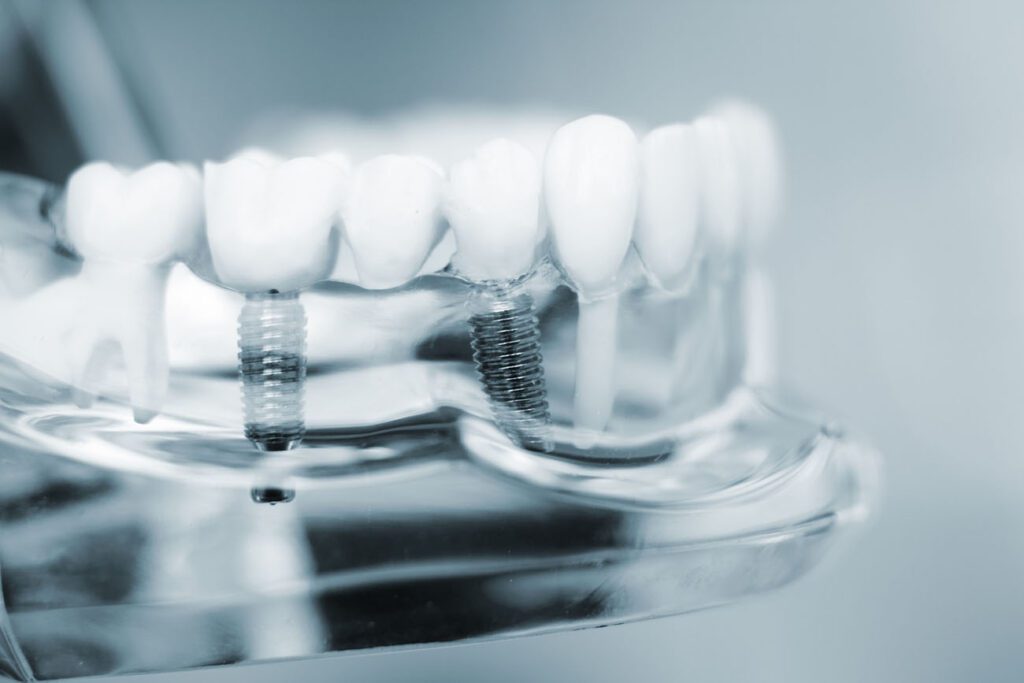Missing teeth can lead to a lot of other dental problems. From shifting in your smile line to loss of jaw and bite strength, patients with missing teeth can find themselves facing serious issues. While there are many ways to restore your bite after losing teeth, dental implants in Ardmore, PA, are the most recommended treatment option. However, not every patient can benefit from them. If you don’t have a healthy mouth to start out with, dental implants could fail or cause pain and discomfort. Your dentist will do a thorough examination to ensure you’re a good candidate before suggesting implants.

What Prevents Dental Implants in Ardmore, PA
The good news is that most of the situations that prevent a dental implant can be treated. By getting dental treatment or changing certain habits, you may be able to restore your mouth to get implants. Your dentist will explain the roadblocks in the implant process and suggest any necessary treatment to help ensure you’re ready for surgery.
Bone Loss
Bone loss in the jaw is one of the most common reasons a patient is ineligible for implants. Implants are tiny posts that integrate into the jawbone to mimic the natural root structure of a tooth. If there’s not enough bone for the implant to fuse with, then it could become loose or fall out. If you suffer bone loss from losing a tooth, you may be able to restore bone density with bone grafting treatment. After a bone grafting appointment and healing time, your jaw may be ready to receive an implant.
Gum Disease
If you have gum disease, then you’re more likely to experience pain and discomfort when getting an implant. The disease could also affect the implant, causing it to fail. Patients who suffer from gum disease can often get periodontal therapy to help. After scaling and root planing, many patients have healthier and stronger gums that are able to support a dental implant properly.
Smoking
Smoking can seriously affect the dental implant process. Not only can the harsh chemicals cause the implant to suffer damage, but the sucking motion on a cigar or cigarette can often cause the implant to loosen or fail to integrate into the bone properly. For many patients, getting an implant can take a few months, usually between three and six. And it’s crucial that you avoid smoking during that time. The sooner you quit smoking ahead of your appointment, the easier it can be to handle it.
If you’re missing a tooth, your bite and oral health can continue to deteriorate. Dental implants are designed to help support bite strength and restore your smile, either with a dental crown, bridge, or denture. Call our office today at (610) 839-8967 to schedule a consultation and learn more about dental implants. After examining your mouth, we can help determine if you’re eligible for implants.
